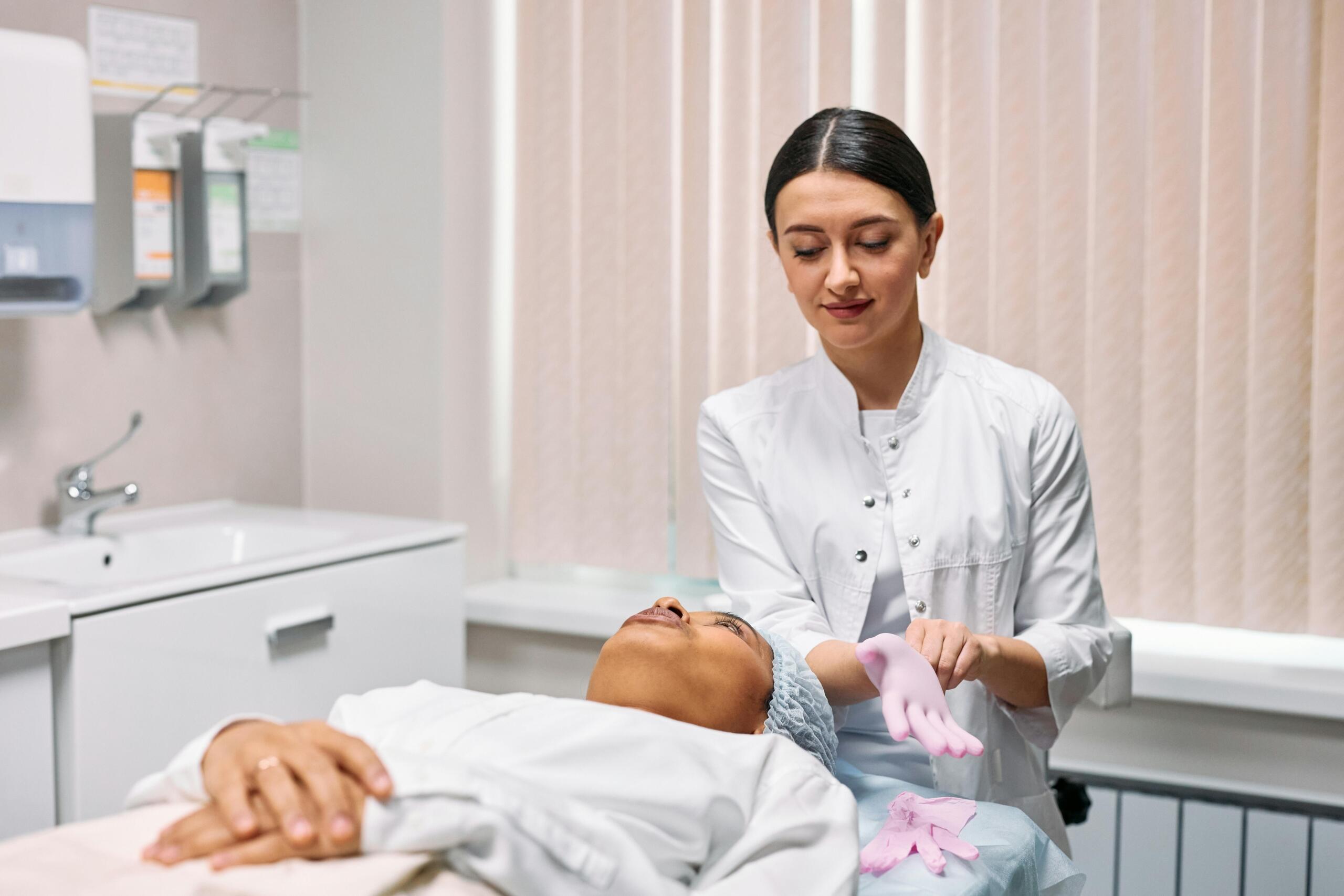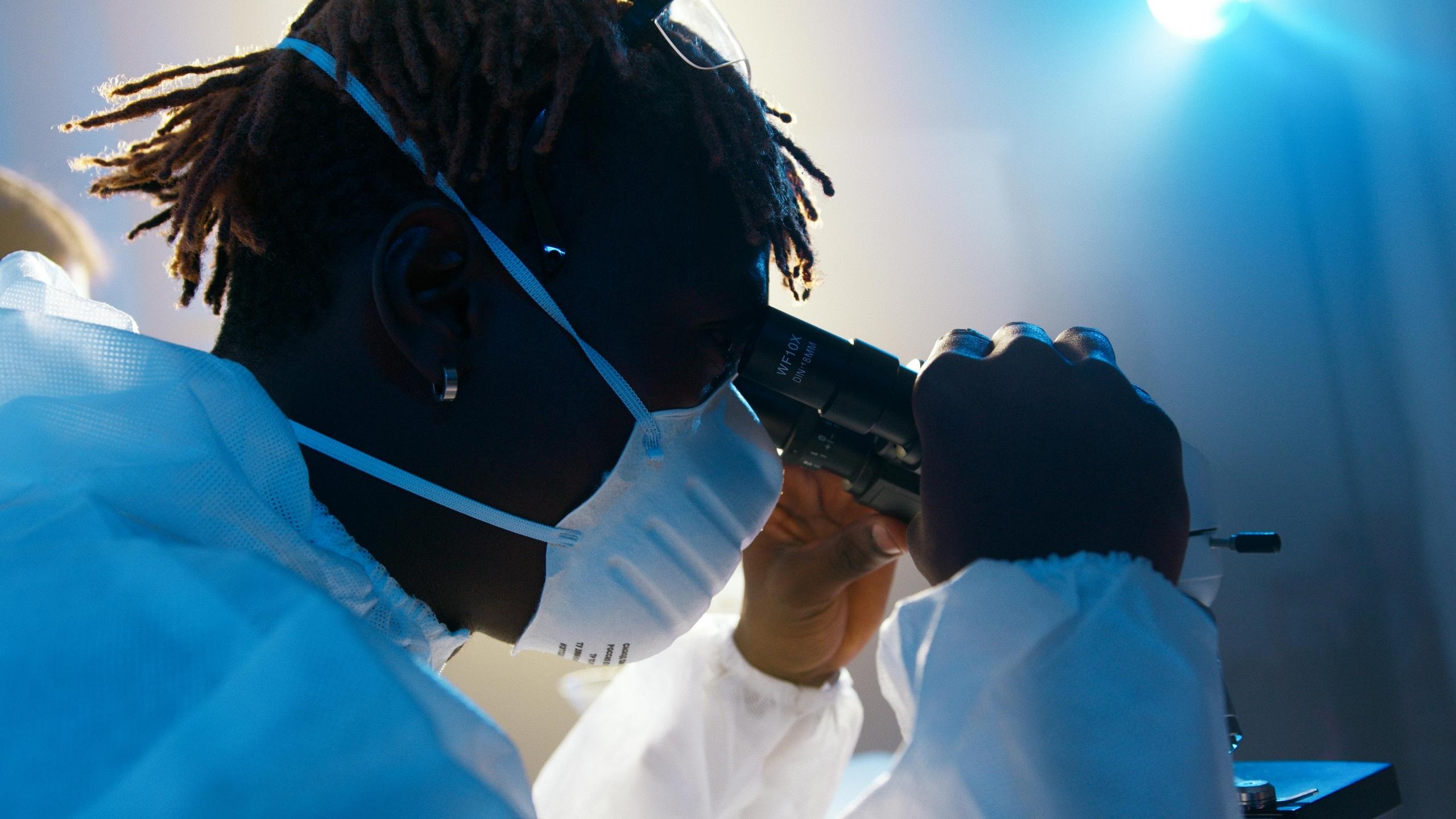The good physician treats the disease; the great physician treats the patient who has the disease.
William Osler
If you’ve ever dreamed of wearing a white coat, saving lives, and making a real difference in your community, then a career in medicine might just be your calling. If you are South African, you have the benefit of studying in world-class institutions, and living in a country where there is a high demand for healthcare professionals. Of course, it’s no secret that becoming a doctor is not just a noble aspiration, it's also a challenging journey, one that requires careful planning, dedication, and academic excellence.
In this article, you will find clear advice for your search on requirements for studying medicine in South Africa. From where to study, how to prepare, and what kind of support systems can help you succeed, like finding the right medicine tutor – we have the answers. We’ll also unpack questions like, “Which university can I study to be a doctor in South Africa?” and “How to become a doctor in South Africa?”
So, ready to get started on the road to your future career? Keep reading.

Understanding the Journey: How to Become a Doctor in South Africa
Once you know why you want to become a doctor, you’ll need to understand how to become a doctor in South Africa. In case you don’t already know it, the journey is long but rewarding. To qualify you will first need to complete a Bachelor of Medicine and Bachelor of Surgery degree, commonly known as an MBChB. This degree typically takes six years of full-time study followed by two years of internship and one-year community service placement. Only then can you register with the Health Professions Council of South Africa (HPCSA) and legally practise as a medical doctor.
Remember that even though the path is demanding, if you are passionate about healthcare and looking to make a career of purpose out of it, it will be deeply fulfilling. Along the way, like many other students, you will no doubt find the help of a dedicated medicine tutor to be enormously helpful. You could choose to stay in regular contact with your tutor throughout or ask for their help when tackling complex modules like anatomy, physiology, and pathology.
An MBChB degree typically takes six years of full-time study, followed by two years of internship and a one-year community service placement.
What Are Studying Medicine in South Africa Requirements?
Now let’s talk about those studying medicine in South Africa requirements, which can be quite competitive. You need to know that entry into medical school is fiercely contested. This means that as an applicant you must demonstrate exceptional academic performance in high school.
To do this, you’ll need excellent marks in Mathematics, Physical Sciences, and Life Sciences. Bear in mind that most universities also require English as a first language or a high-level second language. Bear in mind that your performance in Grade 11 and 12 will be especially important, as universities often use your National Senior Certificate (NSC) results to determine admission.
In addition to your academic scores, many institutions use the National Benchmark Tests (NBTs) to assess academic readiness. These tests will measure your skills in quantitative literacy, academic literacy, and mathematics. So, together with your school marks, your NBT results help universities select the most capable students.

To give your application the best chance, don’t forget extra murals. For instance, an aspect that is often overlooked is volunteer work or exposure to healthcare environments. If you've volunteered at clinics or hospitals or job-shadowed a doctor, it’s worth mentioning in your application. Experiences like this can go a long way towards your commitment to medicine and give you a realistic idea of what the job entails.
Where to Study Medicine in South Africa?
Next, let’s deal with that million dollar question: where to study medicine in South Africa? Fortunately, our country is home to several highly respected medical schools, and each one offers unique strengths and learning environments.
But that’s not all. Other universities offering MBChB degrees include the University of Pretoria, University of KwaZulu-Natal, University of the Free State, Walter Sisulu University, University of Limpopo, and Sefako Makgatho Health Sciences University.
So, if you’ve been asking, “Which university can I study to be a doctor in South Africa?” you have a wide selection. Bear in mind that while each institution has slightly different admission policies, all share the same basic requirements: academic excellence, commitment to healthcare, and a readiness to meet the challenges of the profession.

Support During Your Studies: The Value of a Medicine Tutor

By now, you know, medical school is not easy. The volume of content and the pace of the curriculum can be overwhelming, especially in the first few years, but this is where having a medicine tutor can make a real difference.
In short, tutors help clarify difficult concepts, assist with exam preparation, and provide mentorship and emotional support. Whether it’s biochemistry or clinical skills, a good tutor can help you feel more confident and in control of your studies- and indeed, your life! Today, with so many digital platforms available, you can easily find in-person or online medicine tutors which makes support more accessible than ever.
If you're struggling with your coursework or just want to stay ahead of the curve, investing in a medicine tutor is a smart move.
A Pathway for Everyone Even Late Starters
Not every medical student begins their journey straight after high school. In fact, many students pursue alternative routes like doing a BSc or nursing first, and then pursue a medical degree later in life.
To accommodate more medical students, some universities offer Extended Curriculum Programmes (ECPs), which stretch the degree over seven years and include foundational modules to help prepare students for the intensity of medical studies. These are especially helpful for students who may need additional academic support or bridging courses for certain subjects earlier on in the degree.
Remember that you are an individual and there is no one-size-fits-all approach. As long as you meet those studying medicine in South Africa requirements you have been looking up, there’s a place for you.
Plan Financially and Practically
Medical school is a major financial commitment. Tuition fees vary widely between universities, and students also need to budget for textbooks, accommodation, food, and transport. Here, bursaries, scholarships, and student loans can help, but factor in from this moment on that you will need to plan carefully.
Bear in mind that many provincial departments of health offer bursaries in exchange for a commitment to work in public hospitals for a set number of years after graduation. These bursaries can cover full tuition and living expenses. There are also merit-based scholarships from institutions like the National Student Financial Aid Scheme (NSFAS) and the Funza Lushaka programme.
On a practical level, it's a good idea to live near your campus or at the major hospitals where you’ll do your clinical rotations. Keep in mind that as a medical student, you'll spend long hours in lectures, labs, and wards, so proximity makes a big difference.
Is It Worth It?

Absolutely, but only if you're genuinely passionate about people and healthcare.
The process is demanding, the hours are long, and the content is intensive. But like most things in life that don’t come easily, the rewards are incredible. As a doctor, you’ll have the knowledge and skills to save and improve lives, support communities, and create a meaningful legacy.
So, if you're still wondering how to become a doctor in South Africa, just know that while the journey is tough, it's also doable. You’ll need to meet the requirements for studying medicine in South Africa, choose wisely from the options available, and find the right resources, including a reliable medicine tutor, to support your progress.
If you’ve asked yourself, “Which university can I study to be a doctor in South Africa?” we hope you have an idea of where to start and what will be expected.
Whether you’re a top-performing high school student or a mature learner ready for a new challenge, South Africa’s medical schools have a place for you.
So, take the next step and start preparing. The country, your loved ones, your future patients, and your best you, are all waiting.
Summarise with AI:

















Love it; I’m going to pursue my dream because of you.
Hello Ndzalama,
This is fantastic! Wishing you all the best on your journey!
My grandson is doing a degree as a doctor. Your article is very helpful.
Hello Alfreda,
Thank you for your lovely feedback. We wish your grandson success with his studies.
Which universities offer extended curriculum programmes in south africa and what are the requirements to enter for the programme
Hello Tshadi,
Most public universities offer Extended Curriculum Programmes. You are encouraged to explore the admission requirements of the universities that interest you.